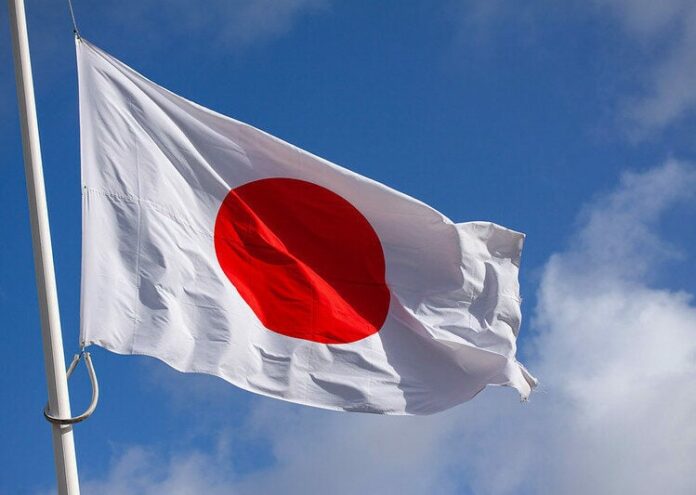Japan’s international aid agency has cancelled a cultural exchange initiative with African nations following a wave of false claims that it was tied to immigration.
The Japan International Cooperation Agency (JICA) said Thursday it would withdraw the “JICA Africa Hometown” project, which had been set up to connect four African countries with four regional Japanese cities through job training and cultural exchange.
Instead, the programme triggered widespread confusion. Participating cities — Kisarazu, Sanjo, Imabari, and Nagai — were flooded with phone calls and emails from residents convinced the initiative would allow large numbers of African migrants to move in.
“The project caused misunderstandings and confusion,” JICA President Akihiko Tanaka told reporters. “The Africa Hometown initiative will be withdrawn.”
The backlash was amplified by online rumours and a mistaken announcement from Nigeria’s government, which claimed Japan would create a special visa category. Some media reports and social media posts also incorrectly suggested the programme was designed to facilitate immigration.
Local authorities struggled to keep up with the volume of complaints, disrupting normal municipal operations, despite repeated denials from the Japanese government, the cities, and mainstream media that the initiative involved immigration.
The controversy reflects Japan’s increasingly tense debate over immigration. With a shrinking population, policymakers have acknowledged the need for foreign workers, but remain cautious about broader immigration reform. Foreigners currently account for just three percent of Japan’s workforce, while nationalist groups such as the Sanseito party have gained traction with calls for stricter rules.
Tanaka stressed that JICA does not handle immigration and that the agency will continue to promote international exchanges, including with African partners, through other initiatives.

